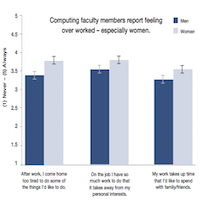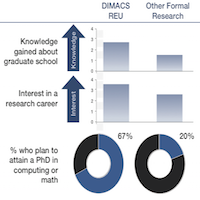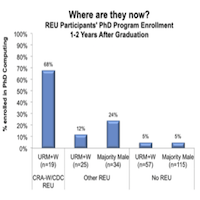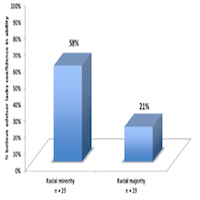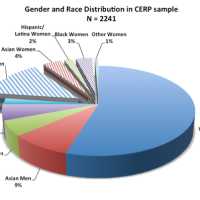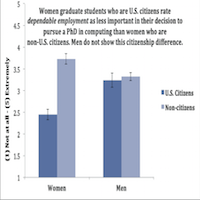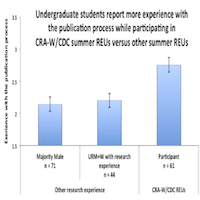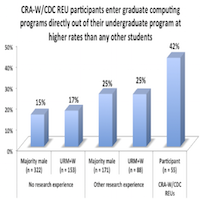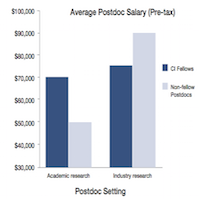
CI Fellowship provides higher, more livable postdoc salary in academia relative to conventional postdocs
Applicants who had applied to the Computing Innovation (CI) Fellowship Program in 2009, 2010, or 2011 were recruited during the fall of 2013 to complete CERP’s survey of postdoc experiences. We compared the responses and outcomes of CI Fellows (n = 66) to non-fellows who had other postdoc experiences (i.e., Non-fellow Postdocs; n = 124). CI Fellows reported higher salaries than Non-fellow Postdocs for academic research postdocs, but lower salaries than Non-fellow Postdocs for industry research postdocs, ps < .01. In academic settings, CI Fellows found it easier to live on their postdoc salary and were more satisfied with their pay than Non-fellow Postdocs, ps < .01. In industry settings, there were no group differences in perceived adequacy of pay.


